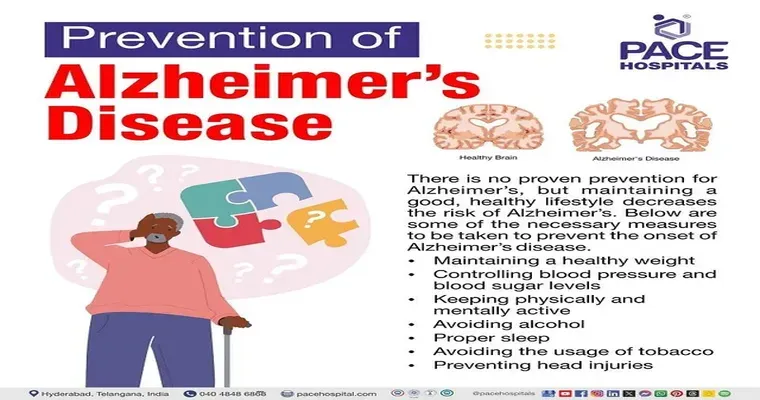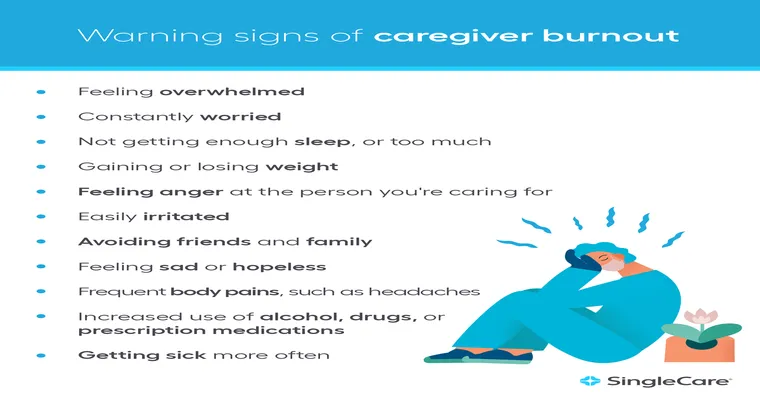Alzheimer's disease is a progressive neurological disorder that affects millions of people worldwide. As the disease advances, individuals often experience various challenges, including "incontinence". Effective "Alzheimer management" requires a comprehensive approach that addresses not only cognitive decline but also the associated symptoms, such as incontinence. This article explores the key strategies for managing Alzheimer’s disease and providing compassionate incontinence care.
Understanding Alzheimer’s Disease and Its Symptoms
Alzheimer’s disease primarily impacts memory, thinking, and behavior. As the condition progresses, individuals may face numerous difficulties, including confusion, agitation, and changes in their physical abilities. One common yet often overlooked aspect of Alzheimer management is the issue of "incontinence". This can manifest as either urinary or bowel incontinence, leading to significant emotional and physical challenges for both the patient and their caregivers.
Importance of Incontinence Care in Alzheimer Management
Incontinence care is critical in the overall management of Alzheimer’s disease. It not only improves the quality of life for individuals affected by Alzheimer’s but also alleviates stress for caregivers. Properly addressing incontinence can help maintain dignity and reduce the risk of skin infections or other related health issues.
Strategies for Effective Incontinence Care
1. "Scheduled Toileting": Establishing a consistent schedule for bathroom visits can help manage incontinence. Encouraging individuals to use the restroom at regular intervals can reduce accidents and promote independence.
2. "Monitoring Fluid Intake": Keeping track of fluid consumption is essential. While hydration is vital, excessive fluid intake, especially in the evening, can lead to increased incontinence episodes. Aim for balanced hydration throughout the day.
3. "Using Absorbent Products": High-quality absorbent products, such as adult diapers or pads, can provide comfort and prevent skin irritation. Choose products that are discreet and suitable for the individual’s needs.
4. "Creating a Supportive Environment": Ensure that the bathroom is easily accessible and free from hazards. Installing grab bars and ensuring adequate lighting can make a significant difference in the individual’s ability to use the restroom independently.
5. "Encouraging Communication": Encourage open communication about incontinence. Individuals with Alzheimer’s may struggle to express their needs, so fostering an environment of understanding can help them feel more comfortable discussing their issues.
The Role of Caregivers in Alzheimer Management
Caregivers play a crucial role in both Alzheimer management and incontinence care. They must be trained to recognize the signs of incontinence and respond with empathy and support. Caregivers should also educate themselves about the disease and its progression, allowing them to anticipate the needs of the individuals they care for.
Seeking Professional Help
If incontinence becomes a persistent issue, it is essential to consult a healthcare professional. A doctor or specialist can provide tailored advice and might suggest medications or therapies that can help manage symptoms effectively.
Conclusion
Managing Alzheimer’s disease involves a multifaceted approach that includes addressing "incontinence care". By implementing effective strategies, caregivers can enhance the quality of life for individuals with Alzheimer’s while maintaining their dignity and comfort. With appropriate management and support, both patients and caregivers can navigate the challenges of Alzheimer’s disease more effectively.





